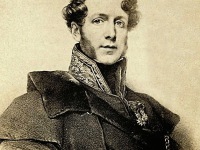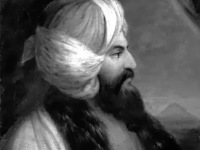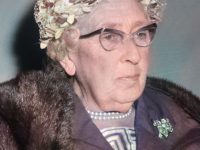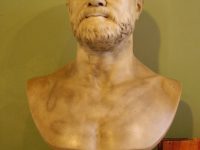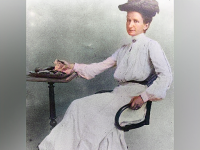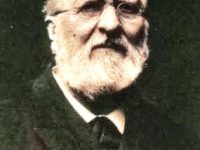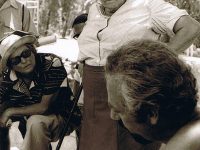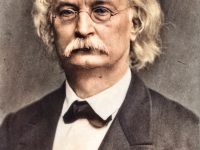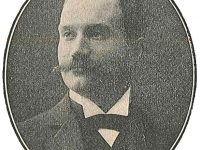Christian Jürgensen Thomsen and the Three-Age System
On December 29, 1788, Danish antiquarian Christian Jürgensen Thomsen was born. He is best known for the development of early archaeological techniques and methods. He also introduced the Three-age system, i.e. the periodization of human prehistory into three consecutive time periods, named for their respective tool-making technologies, the Stone Ages, Iron Ages and Bronze Ages. “…nothing is more important than to point out that hitherto we have not paid enough attention to what was…
Read more


